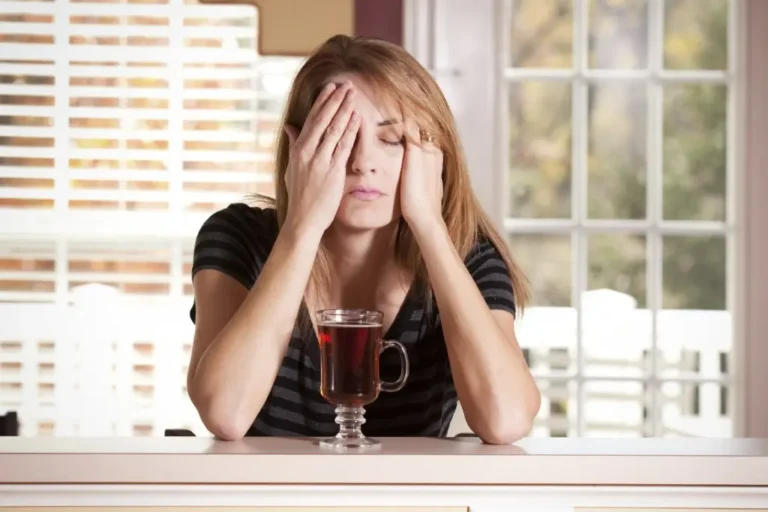Waking up with a dreadful hangover can derail your entire day. That splitting headache, nauseous feeling, and overall fatigue make it tempting to stay in bed and wallow in misery.
But don’t give up just yet! A comforting cup of tea might be the natural remedy you need to ease those post-drinking blues and get back on your feet. Now, you might be wondering what tea is good for hangover.
While there’s no magical cure for a hangover, certain teas boast properties that can alleviate specific symptoms. From settling an upset stomach to replenishing lost nutrients, these soothing brews can provide a much-needed respite when you’re feeling less than stellar.
What Tea is Good for Hangover?
So, let’s dive into the best teas for hangovers and how they can help you bounce back after a night of overindulgence.
Ginger Tea: The Nausea Neutralizer
Nausea is one of the most unpleasant hangover symptoms, and ginger tea can be your go-to ally. This potent root has long been revered for its ability to soothe the stomach and combat nausea and vomiting.

How does it work?
Ginger contains compounds called gingerols and shogaols, which have powerful anti-inflammatory and antioxidant properties. These compounds can help neutralize the effects of alcohol on the digestive system, reducing nausea and discomfort.
Additionally, ginger tea has a warm and slightly spicy flavor that can stimulate saliva production and improve digestion, further easing any queasiness.
To make ginger tea, simply grate or slice a small knob of fresh ginger and steep it in hot water for about 10-15 minutes. You can add a touch of honey or lemon for extra flavor and health benefits.
Lemon Tea: A Vitamin C Boost
Alcohol consumption can deplete your body’s vitamin C levels, leaving you feeling run down and sluggish. That’s where lemon tea comes in – a tangy and refreshing brew that’s packed with this essential nutrient.
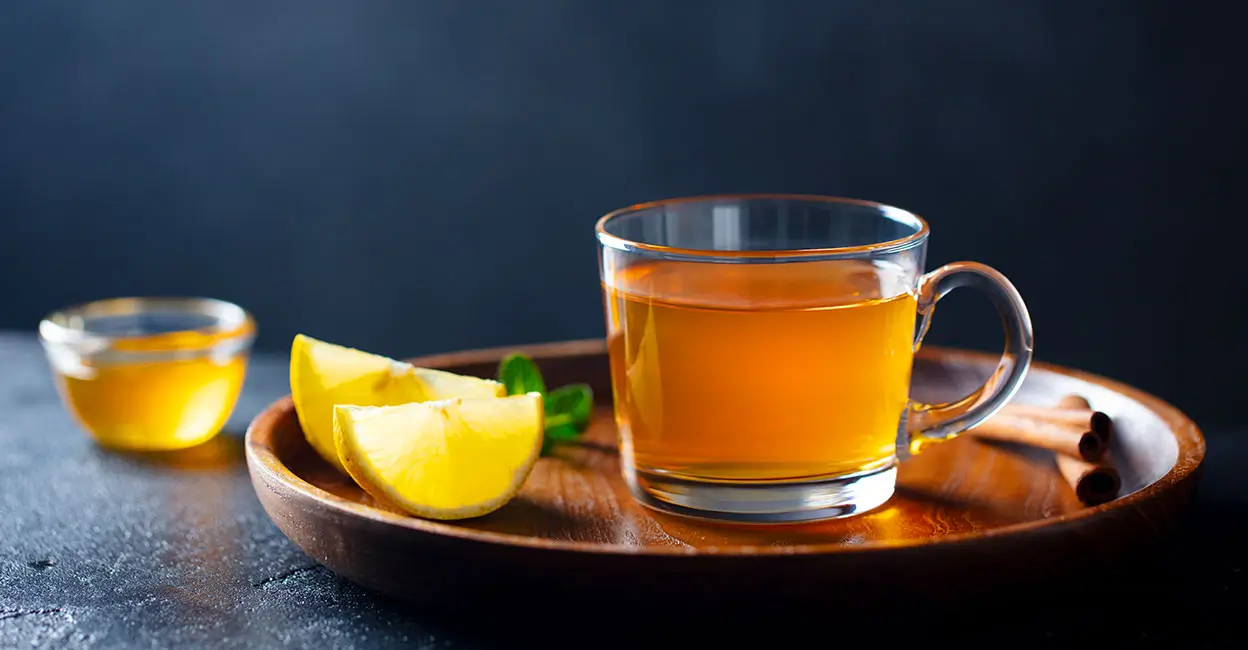
Why is vitamin C important for hangovers?
Vitamin C is a powerful antioxidant that can help neutralize the free radicals produced by alcohol metabolism. These free radicals can cause inflammation and oxidative stress, contributing to hangover symptoms like headaches and fatigue.
By replenishing your vitamin C levels with lemon tea, you can support your body’s natural detoxification processes and reduce the severity of your hangover.
To make lemon tea, simply squeeze the juice of half a lemon into a cup of hot water. You can add honey or a slice of lemon for extra flavor and a pop of citrus aroma.
Green Tea: The Antioxidant Powerhouse
Green tea is a true superfood when it comes to hangovers. This ancient beverage is brimming with antioxidants, particularly a group of compounds called catechins, which can help mitigate the damaging effects of alcohol on the body.
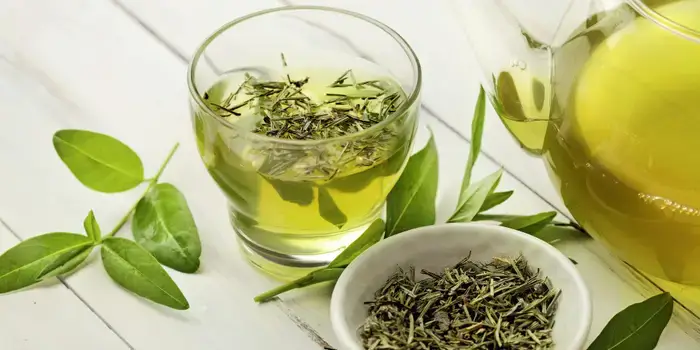
How do catechins help with hangovers?
Catechins possess potent anti-inflammatory and liver-protective properties. Alcohol consumption can lead to inflammation and oxidative stress, which can contribute to hangover symptoms like headaches and fatigue.
By consuming green tea after a night of drinking, you can help reduce inflammation, support liver function, and promote overall detoxification.
Additionally, green tea contains a modest amount of caffeine, which can provide a gentle energy boost to combat the fatigue and grogginess that often accompany hangovers.
To make green tea, simply steep high-quality green tea leaves in hot water for 2-3 minutes. Avoid over-steeping, as this can make the tea bitter.
Chamomile Tea: The Calming Companion
Anxiety and restlessness are common hangover symptoms, and chamomile tea can be the perfect soothing companion. This gentle herb has been used for centuries for its calming and relaxing properties, making it an excellent choice when you’re feeling frazzled after a night of drinking.
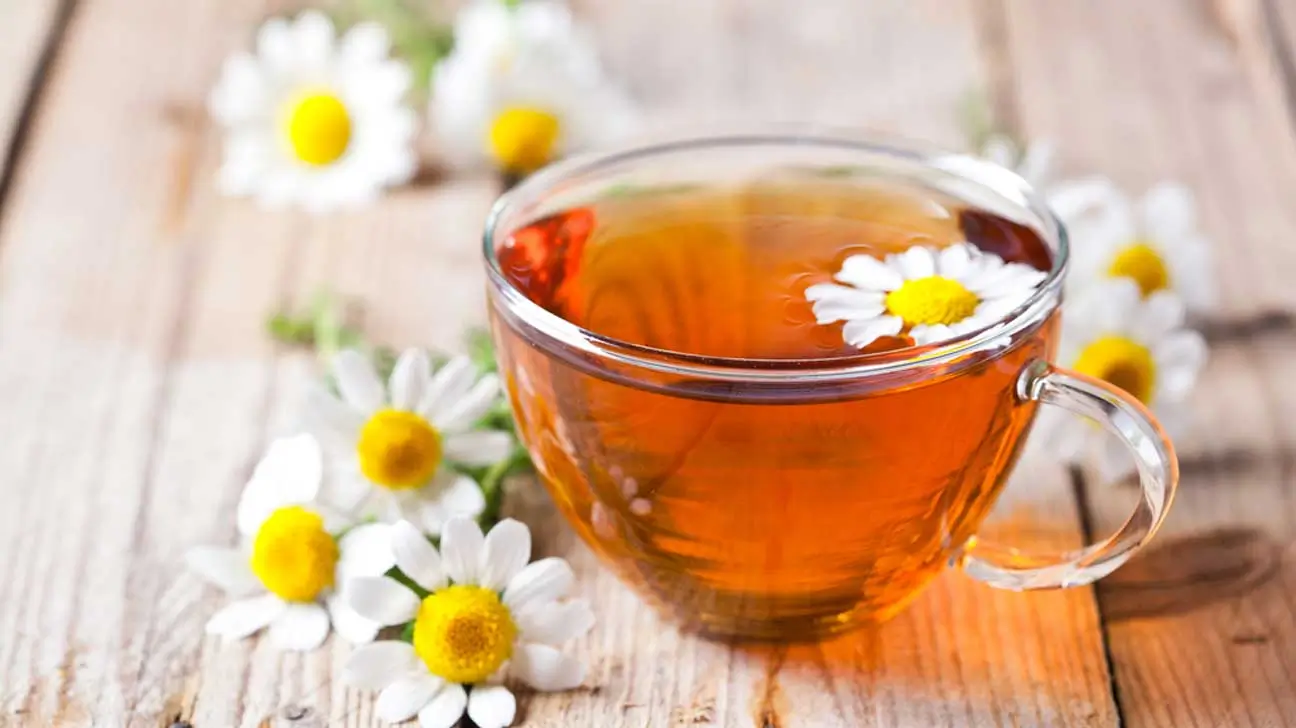
How does chamomile tea help?
Chamomile contains compounds like apigenin, which have been shown to have anxiety-reducing and sedative effects. By promoting relaxation and easing tension, chamomile tea can help alleviate the mental and emotional strain that often accompanies a hangover.
Additionally, chamomile has anti-inflammatory properties that can help reduce inflammation in the digestive system, potentially alleviating symptoms like nausea and stomach discomfort.
To make chamomile tea, simply steep a tea bag or loose chamomile flowers in hot water for 5-7 minutes. You can add a touch of honey for extra sweetness and soothing properties.
Do Green Tea Shots Get You Drunk?
Peppermint Tea: The Digestive Soother
Peppermint tea is a refreshing and invigorating choice when dealing with the aftermath of a night of drinking. Its cool, minty flavor can provide a sense of relief and rejuvenation, while its properties can help soothe digestive issues that often accompany hangovers.
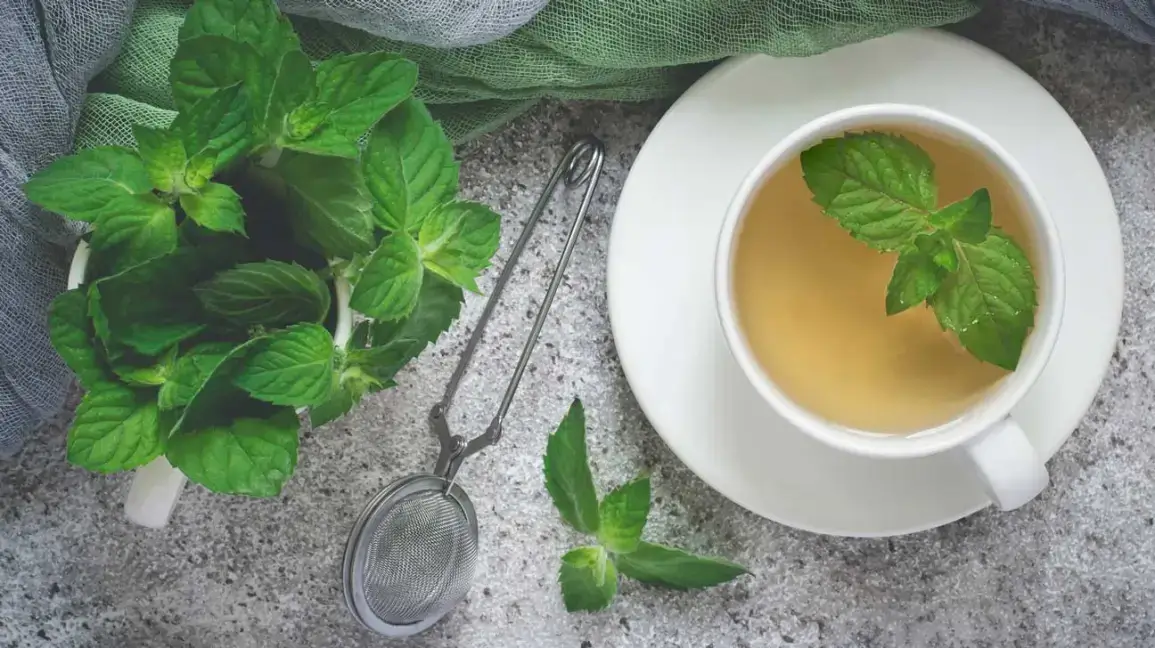
How does peppermint tea help?
Peppermint contains menthol, a compound with potent anti-inflammatory and analgesic (pain-relieving) properties. This can help alleviate headaches, muscle aches, and other discomforts associated with hangovers.
Additionally, peppermint has long been used as a natural remedy for digestive issues like bloating, gas, and indigestion. Its cooling and soothing effects can help calm an upset stomach and promote smoother digestion.
To make peppermint tea, simply steep fresh peppermint leaves or a peppermint tea bag in hot water for 5-7 minutes. You can add a touch of honey or lemon for extra flavor and health benefits.
Why Does Tea Make Me Nauseous?
Turmeric Tea: The Anti-inflammatory Aid
Turmeric, the golden spice renowned for its culinary and medicinal properties, can also be a valuable ally in your hangover recovery arsenal. This vibrant root contains a potent compound called curcumin, which is known for its powerful anti-inflammatory effects.
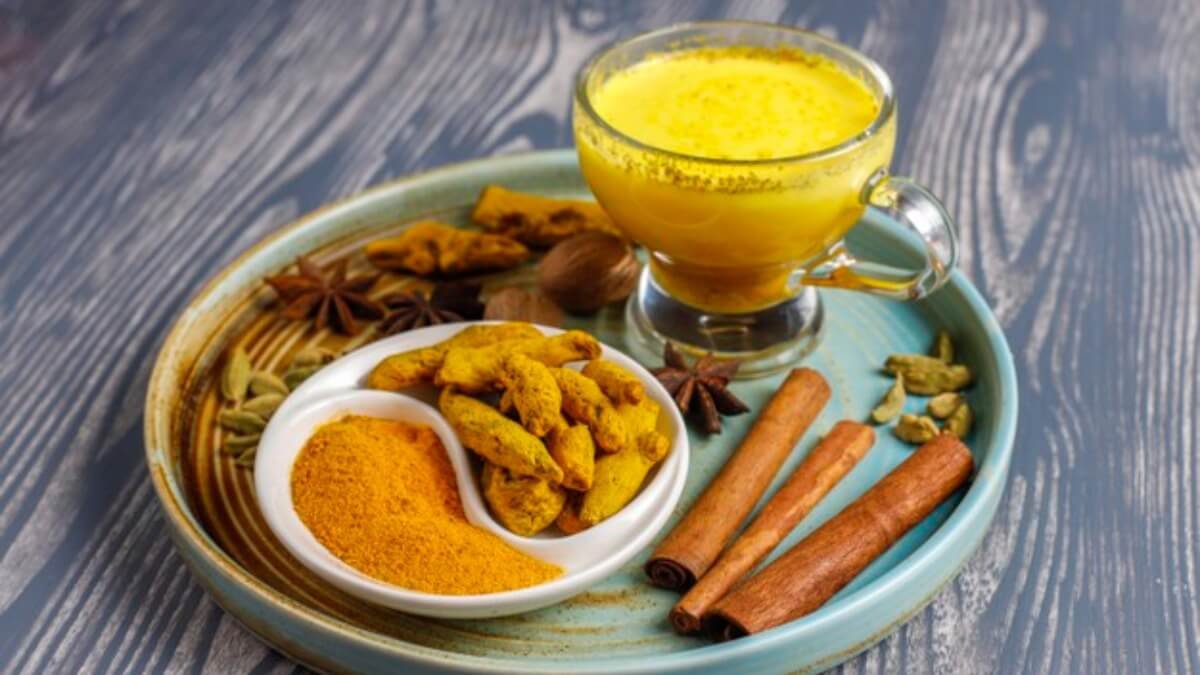
How does turmeric tea help?
Alcohol consumption can lead to inflammation throughout the body, contributing to hangover symptoms like headaches, muscle aches, and fatigue. By consuming turmeric tea, you can help combat this inflammation and reduce the severity of these symptoms.
Curcumin also has antioxidant properties that can help neutralize free radicals and support liver function, further aiding in the detoxification process after a night of drinking.
To make turmeric tea, simply grate or grind fresh turmeric root and steep it in hot water for 5-10 minutes. You can add a touch of black pepper to enhance the absorption of curcumin, as well as honey or lemon for extra flavor.
Is Tea Less Acidic Than Coffee?
Hydration: The Key to Hangover Relief
While these teas can provide targeted relief for specific hangover symptoms, it’s important to remember that proper hydration is crucial for overall recovery.
Alcohol is a diuretic, meaning it causes the body to lose fluids and electrolytes, which can contribute to hangover symptoms like headaches, fatigue, and dizziness.
To combat dehydration, be sure to drink plenty of water or electrolyte-replenishing beverages like coconut water or low-sugar sports drinks.
Sipping on these hydrating fluids alongside your tea can help replenish what was lost during your night of indulgence.
Remember, while these teas can provide relief, moderation is key. The best way to avoid a hangover is to drink responsibly and within your limits.
Does Chai Tea Make You Sleepy?
Conclusion
Whether you’ve overindulged at a social gathering or simply had one too many cocktails, a well-chosen tea can be a valuable ally in your hangover recovery.
From settling an upset stomach to replenishing lost nutrients and reducing inflammation, these soothing brews offer a natural and comforting way to ease your post-drinking woes.
So, the next time you find yourself nursing a hangover, brew up a cup of ginger, lemon, green, chamomile, peppermint, or turmeric tea and let its restorative properties work their magic.
